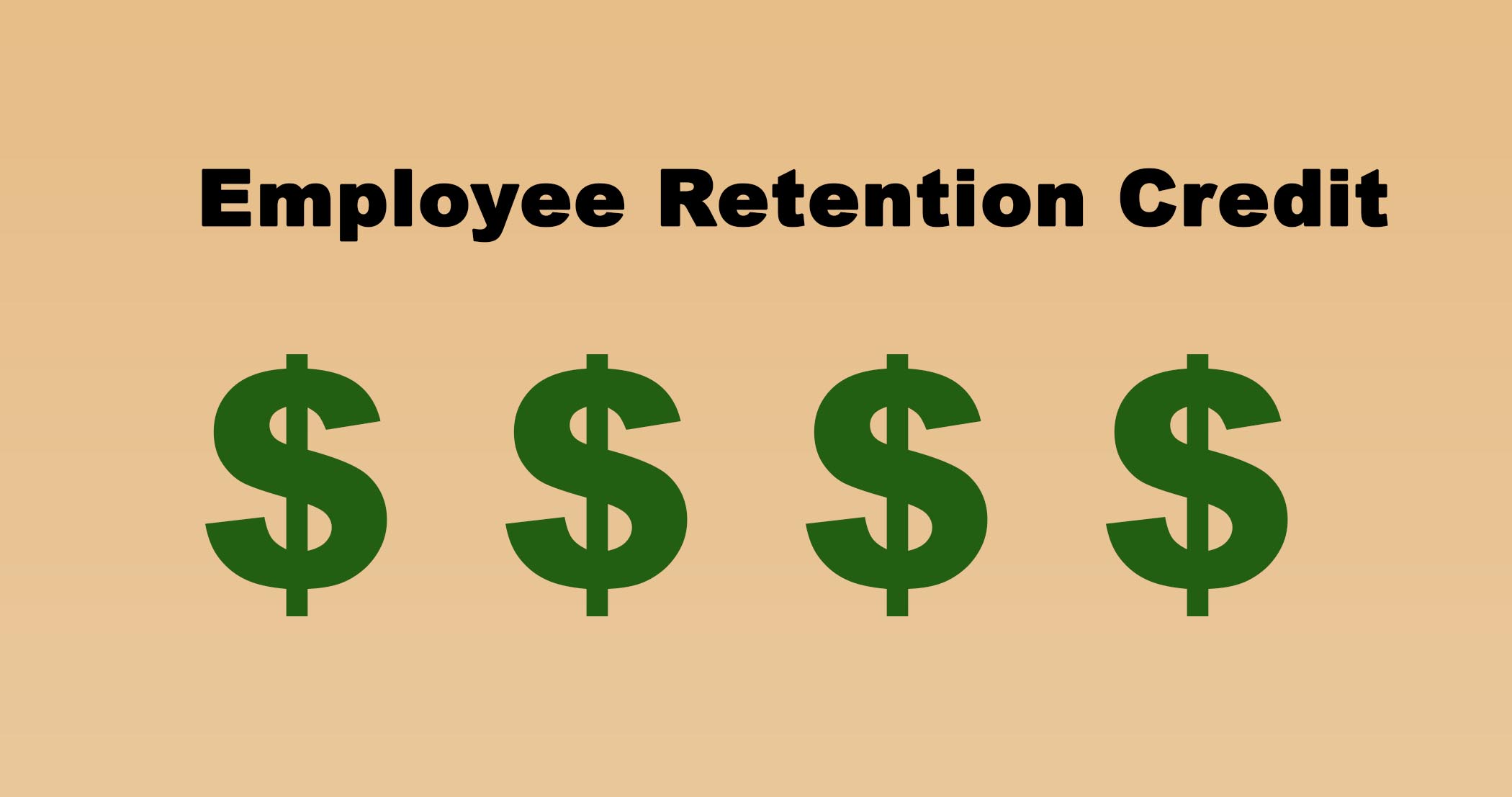Yesterday the IRS issued guidance for employers claiming the employee retention credit under the Coronavirus Aid, Relief, and Economic Security Act (CARES Act), for calendar quarters in 2020. The guidance in Notice 2021-20 includes clarifications and describes retroactive changes under the new law applicable to 2020, primarily relating to expanded eligibility for the credit.
For 2020, the employee retention credit can be claimed by employers who
- Paid qualified wages after March 12, 2020, and before January 1, 2021, and
- Who experienced a full or partial suspension of their operations or a significant decline in gross receipts.
The credit is equal to 50 percent of qualified wages paid, including qualified health plan expenses, for up to $10,000 per employee in 2020. The maximum credit available for each employee is $5,000 in 2020.
A significant change for 2020 made by the Relief Act permits eligible employers that received a Paycheck Protection Program (PPP) loan to claim the employee retention credit, although the same wages cannot be counted both for seeking forgiveness of the PPP loan and calculating the employee retention credit. This notice explains when and how employers that received a PPP loan can claim the employee retention credit for 2020.
Notice 2021-20 also provides answers to questions such as:
- Who are eligible employers;
- What constitutes full or partial suspension of trade or business operations;
- What is a significant decline in gross receipts;
- How much is the maximum amount of an eligible employer’s employee retention credit;
- What are qualified wages;
- How does an eligible employer claim the employee retention credit; and
- How does an eligible employer substantiate the claim for the credit.
While the Relief Act also extended and modified the employee retention credit for the first two calendar quarters in 2021, Notice 2021-20 addresses only the rules applicable to 2020. We will update you when the IRS plans to releases additional guidance addressing the changes for 2021.
To find out how this affects you or if you have any other questions, your DDK Tax Advisor and the DDK PPP Team are here to assist you with further guidance.



